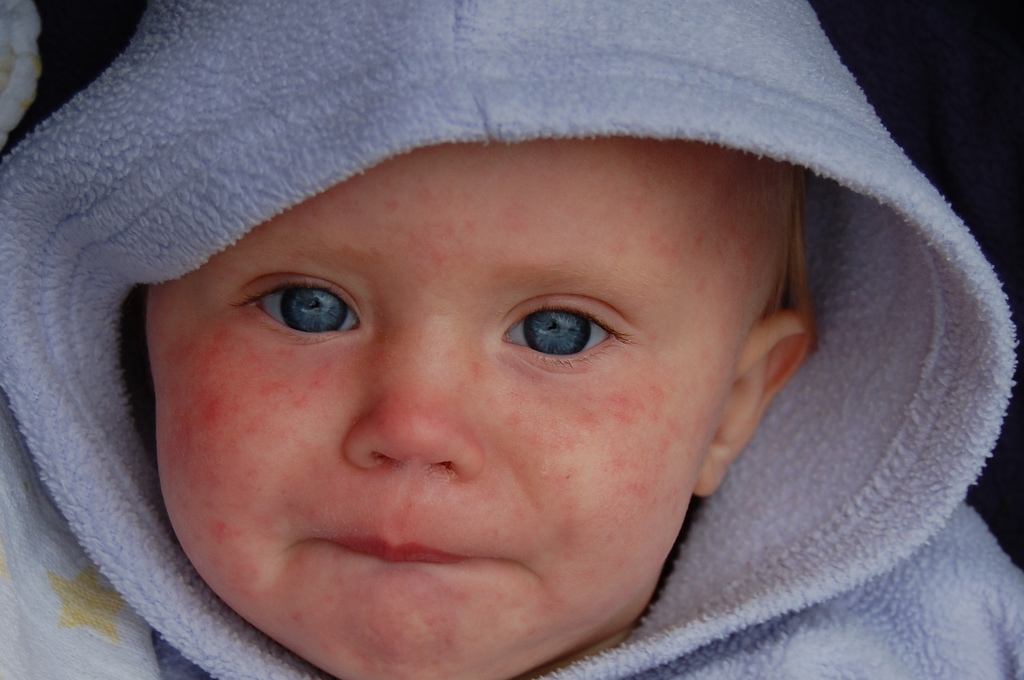

Last week, the Centers for Disease Control and Prevention reported that the first quarter of 2014 has been the worst for measles outbreaks since 1996. According to the report, the virus has infected at least 129 people in 13 states. Most weren’t vaccinated or had no record or memory of being vaccinated.
The outbreaks have been especially bad in California and New York. Many health experts and journalists have pointed out that people who haven’t been vaccinated—particularly people in the anti-vax camp—are usually responsible for these outbreaks, as well as others across the world.
I recently spoke with Robert Amler about measles outbreaks and what we can do to help prevent them. Amler is a dean and professor at New York Medical College and specializes in pediatrics, public health, and preventative medicine. He was also a CDC epidemiologist for around 25 years, where he was the coordinator for the highly succesful measles surveillance and investigation in the 1980s.
Amler agrees that people who refuse vaccinations are a big part of the current outbreaks. “The principle is straightforward: if your child is not vaccinated and has never had the disease, he or she is facing a lifetime of susceptibility to a virus that can be very damaging,” he says. “So when you make decisions based on beliefs and concerns, you have to balance them against the very definite biological and medically-established risk of getting a disease.”
But there is some hope. Amler told me that in his experience, many parents who are skeptical of the vaccines do choose to vaccinate if their communities are faced with an outbreak. Ideally, of course, they should vaccinate before there is a public health threat. Still, a belated vaccine is better than none at all, and the vaccines can even provide some protection after exposure to the virus.
“The vaccine works faster than the wild virus in making you sick,” says Amler. “If someone with measles coughs in the face of a child on Wednesday, if you vaccinate on Thursday there is a really good chance that the child won’t come down with measles. It’s not as effective as getting vaccinated earlier, but it is effective.”
Do you hear that, parents of unvaccinated children? There’s still time, even if an outbreak is happen right now in your community. There are even options for families without insurance. You can find out where to get vaccinated at the HealthMap Vaccine Finder, or by calling your health provider.
***
Additional reading:
Measles Overview, Centers for Disease Control and Prevention
Notes from the Field: Measles—California, January 1-April 18, 2014, Morbidity and Morality Weekly Report, CDC
Public Trust in Vaccines: Defining a Research Agenda, the American Academy of Arts and Sciences
